Research - Neuroelectronics
Engineering Devices for Neurotechnology & Sensing Applications
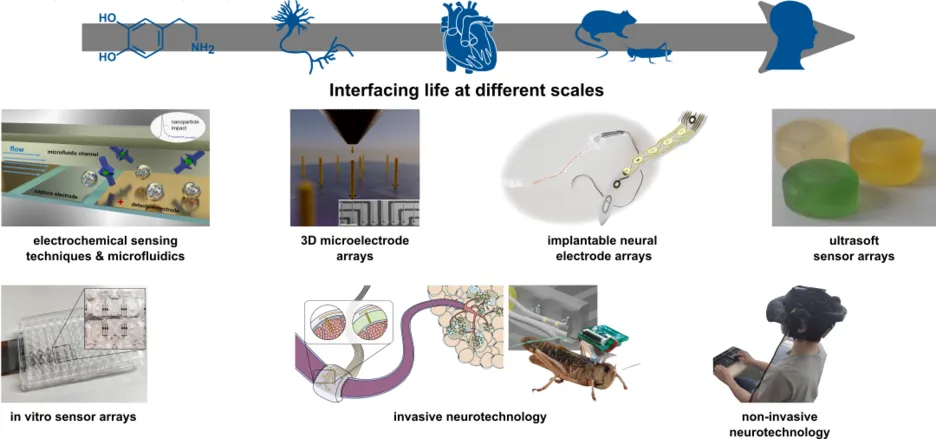
We develop bioelectronic interfaces and sensor arrays for neurotechnology and point-of-care applications. In particular, we design and fabricate devices for stimulating and monitoring signals in vivo and in vitro. To this end, our group uses microfabrication and printing techniques for prototyping 3D transformable electrode arrays with soft, flexible, and biocompatible materials. We develop non-invasive and implantable bioelectronics as well as in vitro assays for monitoring organoid and microfluidic 3D cell culture systems. For biosensing applications, we devise single-entity electrochemical and impedance-based detection strategies.
Our current research activities comprise:
Rapid Fabrication Approaches
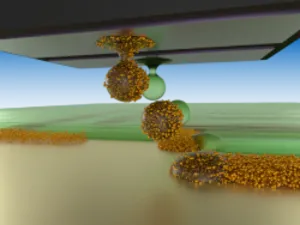
We combine state-of-the-art printing and microfabrication processes, such as 3D printing, ink-jet printing, laser patterning, and optical lithography, to fabricate sensor arrays and flexible neurointerfaces. The resolution limit of modern printing technologies falls within the low micrometer range. In addition to this, printing processes are compatible with 3-dimensional structures as well as flexible and biocompatible materials.
Electrochemical single-entity sensing techniques & microfluidics
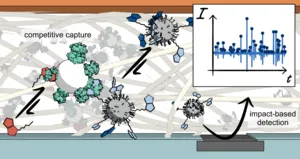
We investigate techniques based on single-entity detection such as nanoparticle impact electrochemistry. We employ these techniques for rapid microfluidic biosensing concepts that can be applied in point-of-care settings or portable on-site water/soil analysis.
In-vitro sensor arrays for organ-on-chip and 3D cell culture technology

We develop devices that can monitor electrophysiological activity or neurotransmitter release in 3D cell culture and organoids. To this end, we make use of our 3D sensor platforms which we integrate in microfluidic cell-culture systems and standard microwell plates.
Implantable neuroelectronic stimulation and recording devices
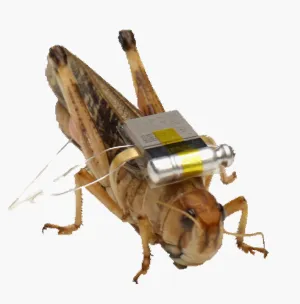
We design and fabricate implantable neuroelectronic devices. Our goal is to develop neurotechnology that can provide stable and lasting stimulation and recording capabilities. At the same time we aim to fabricate devices that simplify the implantation procedure and minimize undesired side effects in the organism.
Non-invasive bioelectronics & BCI
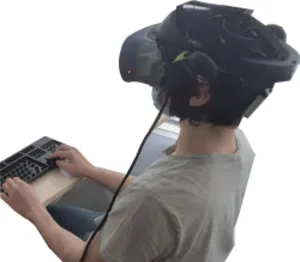
We develop bioelectronic interfaces for nonivasive monitoring of physiological activity. Our goal is to improve existing interfacing technologies in terms of reliability and ease of use for brain-computer interfaces and health care applications.